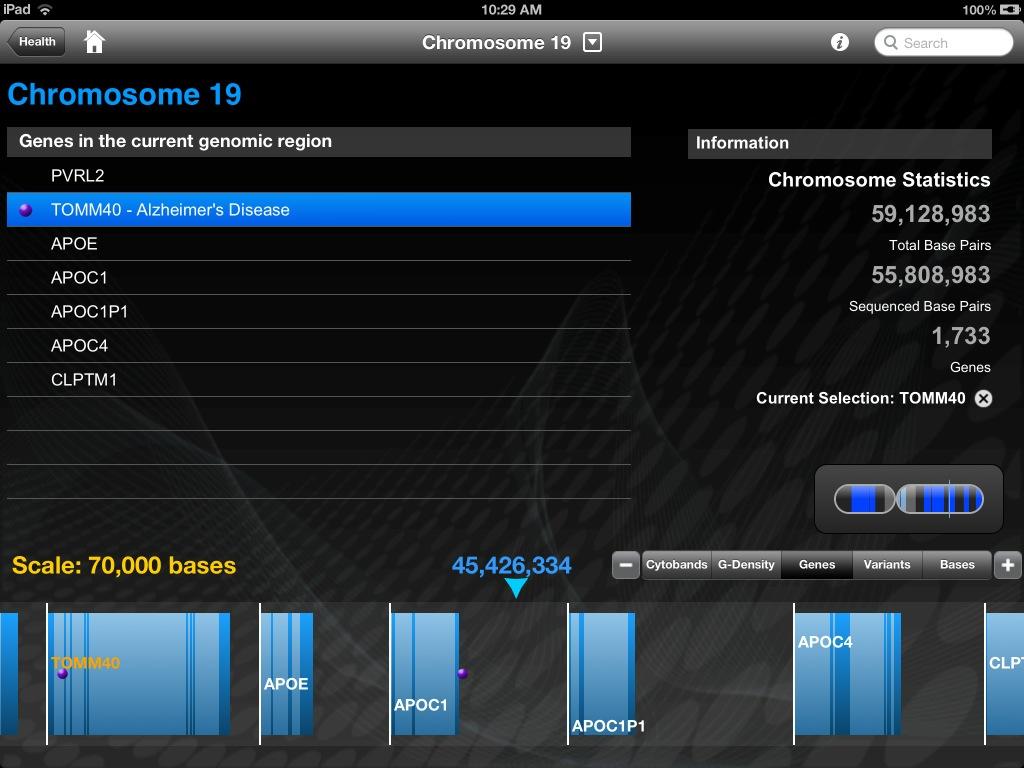An exciting month for Voice of the Doctor with the following guests appearing
November 2: Terri Mitchell, MSN RN
Director, Clinical Informatics Solutions at Nuance Communications

We will be talking about The Healthcare Data Imperative and the challenge of capturing Healthcare data and the importance of capturing information at the point of care when the information is fresh in the mind and the value this brings to affecting a postive change in healthcare quality outcomes and appropriate reimbursement. We will discuss the need to focus on real time vs retrospective analysis and how this can be achieved in our new digital world of electronic medical records and the value of patient engagement as part of this process.
November 9: Dr Ashish Jha, MD
The C. Boyden Gray Associate Professor of Health Policy and Management at the Harvard School of Public Health and blogs at An Ounce of Evidence

He wrote this piece: Asking the Wrong Questions About the Electronic Health Record that was a response to the article posted recently on the Wall Street Journal: A Major Glitch for Digitized Health-Care Records that stated:
Now, a comprehensive evaluation of the scientific literature has confirmed what many researchers suspected: The savings claimed by government agencies and vendors of health IT are little more than hype.
And was subject to many active discussions on several of the listservs. Dr Ashish Jha and I will be discussing some of the fundamental issues of our broken system and the challenges faced in our archaic paper based system which most can agree do nothing to empower clincians to provide excellent care. Technology on its own cannot provide all the answers but must be part of a broader based solution.
The problem is that some Health IT boosters over-hyped EHRs. They argued that simply installing EHRs will transform healthcare, improve quality, save money, solve the national debt crisis, and bring about world peace. We are shocked to discover it hasn’t happened – and it won’t in the current healthcare system.
We need to leverage the potential by asking and answering other related questions
- How do we create incentives in the marketplace that reward physicians who are high quality?
- How do we allow physicians to capture efficiency gains?
- What to do about fee for service – are ACO’s the answer?
- How does technology play an effective part in this transformation
As Dr Jha said:
The debate over whether we should have EHRs is over. Can we fix our broken healthcare system without a robust electronic health information infrastructure? We can’t. Instead of re-litigating that, we need to spend the next five years figuring out how to use EHRs to help us solve the big problems in healthcare.
Should be a great discussion
And to close out November I am excited to announce that I will be joined by Dr Eric Topol, MD
November 16, Dr Eric Topol, MD
Professor of Genomics at The Scripps Research Institute
Follow him on twitter @EricTopol

He is also the author of The Creative Destruction of Medicine: How the Digital Revolution Will Create Better Health Care and has named in the list of the Top 100 Most Influential Physician Executive in Healthcare, 2012 by Modern Healthcare
The Creative Destruction of Medicine: How the Digital Revolution Will Create Better Health Care and has named in the list of the Top 100 Most Influential Physician Executive in Healthcare, 2012 by Modern Healthcare
If you have not read the book, you should. You can read the First Chapter here: The Digital Landscape: Cultivating a Data-Driven, Participatory Culture to get a taste for the wide open opportunites many of which are here and even more coming in the very near future. With so many topics to choose from:
- The Current state of medicine and the challenges
- Individualized medicine vs Group Thinking
- Patient Engagement and the power of mobile Health technology
- The Genome and Sequencing (Dr Topol recently had his genome sequenced – one of an expanding number of people to do so):
We’ve got our genomes sequenced, now zooming in on them bit.ly/OWh6eW @illumina w/ @gholsonlyon @bradpatay — Eric Topol (@EricTopol) October 22, 2012
And Posted some initial analysis with a 99c App!

So many topics and so little time. Focusing on the current challenges in Alzheimer’s treatment makes much of this come into focus. A recent story on NPR: Treatment For Alzheimer’s Should Start Years Before Disease Sets In raises one of the big challenges in this disease….How do we know if we need to commence treatment for a disease. It seems unlikley that any preventative treatment can be given to everyone so identyfying those at risk will become a major focus in the coming years. As Dr Topol noted in his book and in many of his presentations and discussions on the effectiveness of Plavix varies based on presentation of the genotype CYP2C19. This was subject to an extensive debate and included this posting on the Topolog posting An important miscue in clopidogrel pharmacogenomics and in a perfect example of the use of technology and engagement this videoif this works here otherwise download a verion here)
Since November 23 is the day after Thanksgiving we will have a re-run on November 23 and Nov 30 from a previous shows
Hope you can join me
Join me on Friday at 2:30 ET on VoiceoftheDoctor


